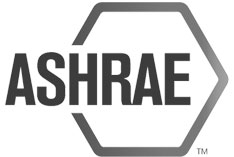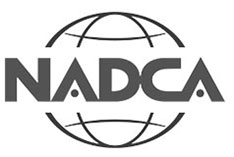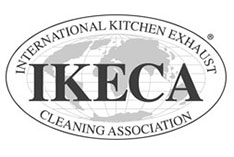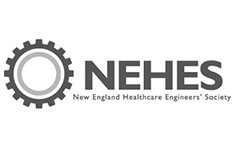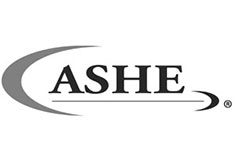Frequently Asked Questions
Do you have any questions? We are ready to help. We have taken some of the most frequently asked questions and answered them here for you. If your question is still not answered please do not hesitate to contact us and speak to a specialist.
Kitchen Exhaust
Why should I clean my kitchen exhaust system?
- By law, kitchen exhaust inspections are required for all Type 1 kitchen exhaust systems in the United States. Restaurants, hospitals, corporate cafeterias have hoods that are designed to capture grease laden vapors and remove them from the building. During the removal process residue builds up inside the ducts designed to carry the effluent.
- If a significant amount of grease builds up, it can act as a fuel source for a fire. Even though modern ductwork is designed to withstand high temperatures, they are not designed to withstand the significant heat that can arise from a duct full of grease.
- Keeping the system clean removes the fuel source and mitigates the risk of a catastrophic grease fire.
Where could a service company cut corners?
A typical service should include an inspection of the entire system. To cut corners, some companies clean only what is easily visible to the customer. This usually includes the hood and filters while the remainder of the ductwork and fan are left untouched. This is commonly known as ‘Hood Shining’ and leaves the client with excessive grease buildup and an increased fire hazard.
Where does a grease fire typically start?
A grease fire typically begins at the appliances and travels up through the filters and ductwork. It is important to properly maintain all appliances as well as the hood system.
Why does my kitchen hood not seem to draw as much air as it used to?
There are a multitude of factors that may contribute to a decrease in air flow such as a loose fan belt, a missing clean-out, and lack of make-up air.
What am I required to Clean?
Most municipalities have adopted NFPA 96 as the standard of care for kitchen exhaust cleaning. A professional kitchen exhaust company considers many variables when designing the most cost-effective maintenance strategy tailored for each system. Talk with one of our specialists to design the best program for your system. For more information regarding kitchen exhaust code visit our Resources page.
How often should a kitchen exhaust system be cleaned?
The most common answer is every 3 months, however cleaning schedules can vary significantly based on a multitude of factors. For more information please refer to the NFPA 96 standards located on our Resources page.
What should I do if my system has inaccessible sections?
Fire Damper
Why should I have my fire dampers tested?
Per NFPA 80 and NFPA 105, every commercial building is required to perform regular life safety checks and inspections to verify the safety of the occupants. Commercial builds are required to have an inspection 1-year after installation, and a reinspection every 4 years thereafter. Hospitals are allowed a reinspection once every 6 years.

